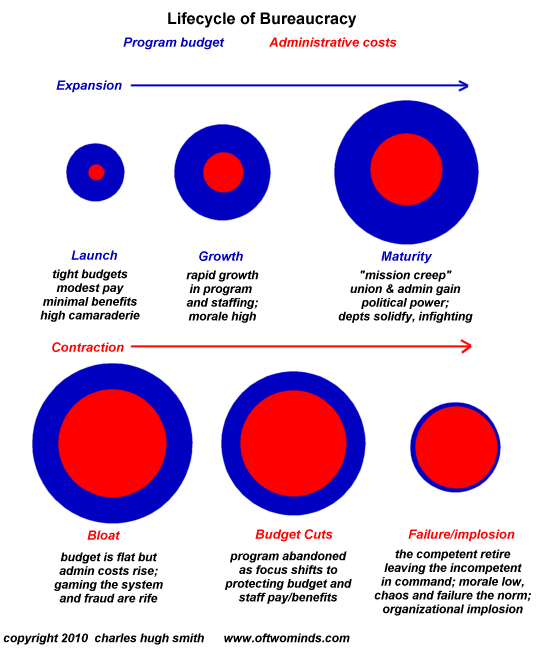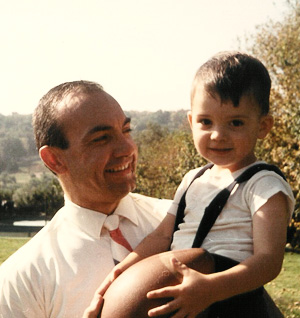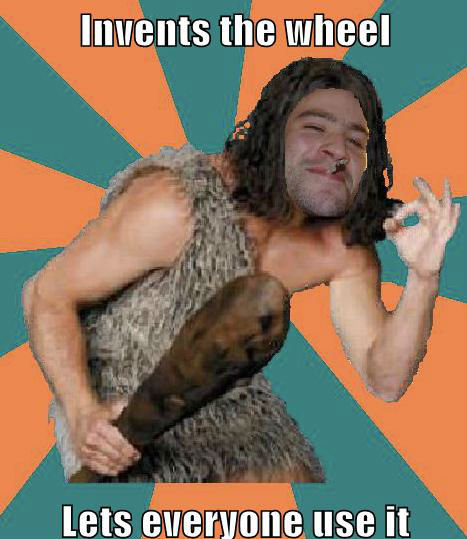With thanks to the cached archives of degringoglade.
This is what I thought 3+ years ago anyway...
--
Well, my main referrer has de-listed me (understandable, I was on hiatus)
and my only other readers make me nervous (try not to log in from a
military server sis, I don't want my door kicked in!). So, to all 5 of
you, here's my worldview (with apologies and thanks to JMG, Cnulan, and
many others)
---
Our standard of living is defined by
energy use per capita. The more energy inputs that go into the things we
consume, the richer we are, both individually and collectively.
The
'crisis' most people seem to fear, be it financial, social, or
political, is basically the same complaint: someone wants to take away
the energy you consume.
POLITICS
American political
conservatives seem to be of the opinion that the energy they currently
enjoy, in the form of material goods and money, are theirs fair and
square. Others are trying to take this energy away, for redistribution.
They object to this redistribution of wealth either on fairness grounds
("I earned it,") or efficiency grounds ("the government can only fuck it
up.")
American liberals rarely address the topic of their own energy
consumption, regardless of their own personal wealth. Instead, they
focus on the inequality of energy distribution, or rather, they demand
more inputs to bring others up to their level of energy use, while
lowering the rate of extraction of energy to preserve it for the future.
Politically,
both sides operate from a position of insanity. Conservatives have done
nothing to 'earn' their wealth, except in the classic sense that they
brutally exploit other people at home and abroad to enjoy the fruits of
their labor. I would define this view as deluded accounting; pretending
your outputs of energy somehow balance your inputs.
Liberals seem
to think that the proper solution to inequality is to bring everyone in
the world up to their (self-servingly appropriate) level of
consumption, while also entering an energy stasis, only using what we
consume. This basically means they expect currently unknown energy
reserves to pop up and world population to decline voluntarily. I would
define this view as happy-face wishful thinking.
FINANCE
Same
story, different game. The US dollar is the worlds reserve currency.
Money is not manufactured by the government, but by the request for debt
by the consumer (HT). Fiat currency is indeed, a Ponzi scheme, but one
that functions well for longer than a human lifetime if you do it
properly, thereby ensuring that it won't upset too many people in too
short a time.
So the rich guys on Wall Street made fat coin, and
now your 401K in a 201K. The majority seems to believe that those who
took larger share of the spoils are somehow the bad guys, and that they
are in cahoots with the government.
I think Wall Street is in cahoots
with the government too, but being mad at Wall Street for plundering
the rest of the world and only giving you a penny on the dollar seems
silly to me. You're a penny ahead, and I bet privately the Kings of the
Universe feel the same way: they orchestrated the plunder of the world,
and were kind enough to give you some for your assistance and looking
the other way. Now you want a bigger piece of the pie. Fuck you.
SOCIETY
The
common opinion on the sites I read is that wealth disparity has gone
out of control and lead to the collapse of our economy--the only way to
restore prosperity is a more egalitarian society.
Um, no.
Excluding brief periods over the last 100 years, the world has never
been so equal for the haves and the have-nots. While all of us are much
wealthier today energy-wise than the nobles of the past several millenia,
the difference between the haves and have-nots is less than you'll find
in the past.
We're riding high on tons of unlocked, nonrenewable
energy: coal, gas & oil. As peak oil adherents say, were on the
downslope for the AAA rated energy source of the three, oil.
What's
the solution? If you read The Archdruid, or at least his book, you know
he doesn't think it's a problem, he thinks it's a predicament. Problems
have solutions, predicaments are shit that you deal with, cope with,
die from--you don't solve them.
I see four things coming, either exclusively or all together.
1) Population reduction-either through war, pandemic, starvation, nuclear plant explosion, etc.
2)
Explicit Empire and Fascism- before we give up our stuff voluntarily,
we'll give up our notions of fairness, morality, and equality. Expect
nationalism, stifling of dissent, and acceptance of plunder as a
necessity. These may take the forms of racism, sexism, cultural
genocide, social classes becoming social castes, or probably a big soup
of all of them.
3) Nuclear power and environmental degradation-
You will not accept quietly your 'energy neutral future. Even at 25% of
current population, stasis energy use is basically the life of a
medieval serf. Not super fun. Expect environmental laws to disappear,
nuclear reactors to spring up everywhere its feasible, and much more
provincialism
4) Loss of morality- Our modern morality is based
on wealth, not inherent characteristics. Genetic survival is the
fundamental truth IMHO, and inherent individual liberty and rights are a
pretty new concept. Expect your rights to go away, expect that what you
can get away with will be what's right (take one step down Maslow's
hierarchy from where you are now), and expect your value as an
individual to diminish as your value as a group member to grow, either
as a gang member, citizen of the nation, or member of a social class.
COPING
Get
over yourself. Prepare to lead/join an organized group, hoard energy
and accumulate power to the largest social structure you can at any
given time. Your access to energy and COMPLEX material goods will
decline going forward. Select the largest social group you can
effectively organize and be (secretly) ready to drop down a level to the
next largest group when that one goes away.
In my lifetime?
Probably best from a survival standpoint to be a fervent nationalist who
also protects the interest of your social class above all others.
Probably best from a moral standpoint to organize a dirt farmer
collective and teach sustainable practices while building community
that's resistant to external exploitation.
Are you John Michael
Greer or John Wesley Rawles? For myself, I'm a little bit of both, going
forward, only time will tell--maybe it's better to be Daniel Plainview.






































